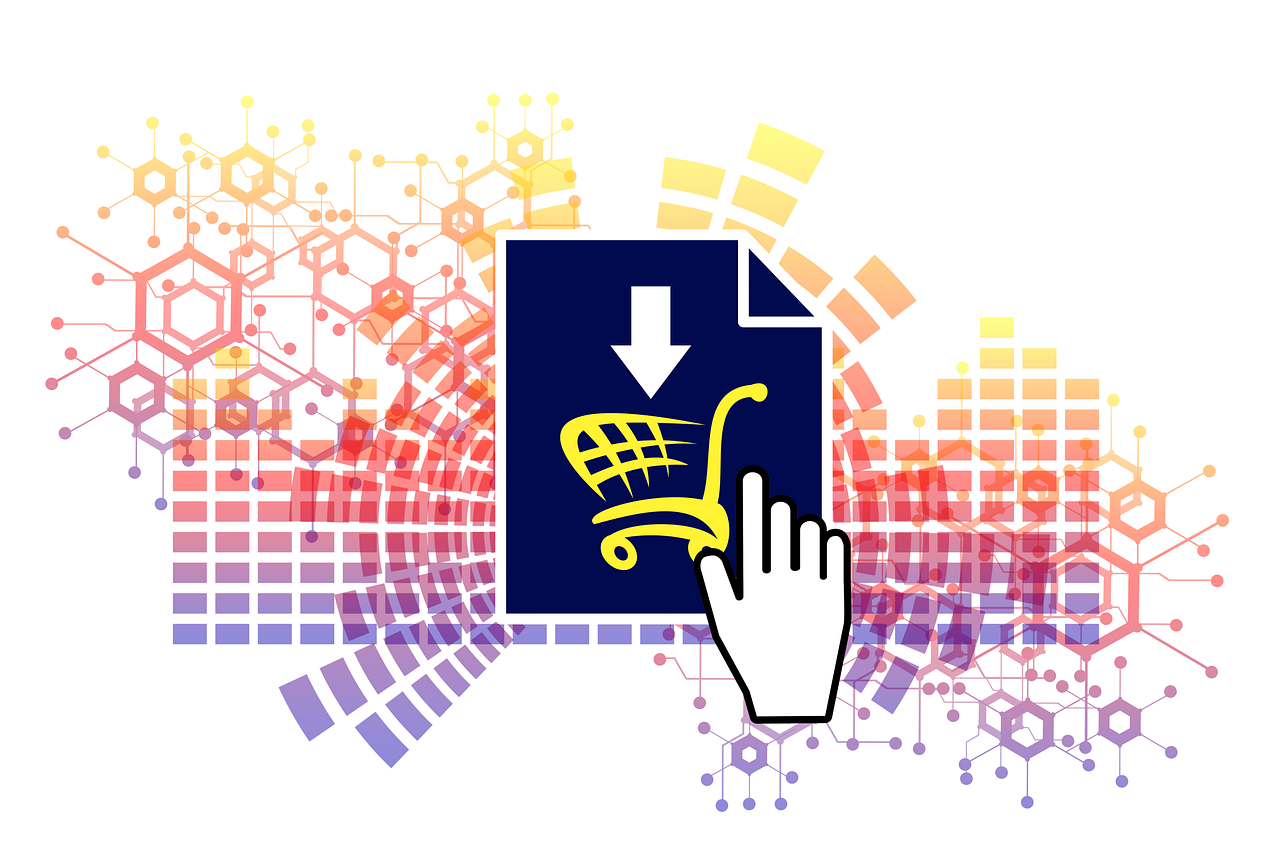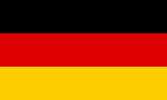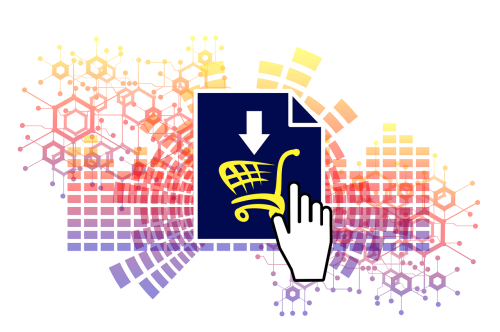4 trends transforming marketplaces in 2025

1. AI & hyper-targeted personalization
Marketplace platforms are increasingly using artificial intelligence (AI) / machine learning algorithms to analyze browsing and purchasing behavior and user preferences in order to offer ultra-personalized recommendations.
- This personalization also extends to the interface, content (emails, notifications), and support chatbots.
- Why it matters: it helps increase conversion rates, build loyalty, and differentiate yourself in a highly competitive market.
- Things to consider: the balance between personalization and privacy/regulations (GDPR, etc.).
- Tip: if you manage or build a marketplace, invest in recommendation engines and smart audience segments, and measure the impact (conversion, average basket size).
2. Embedded payments & integrated finance (Embedded Finance)
- Marketplaces are increasingly integrating financial services: embedded payments, instant payments to sellers, associated bank accounts, branded cards, etc.
- These features meet specific needs: speed for sellers, smooth commission management, complex payment flows (multi-party).
- Why it's transformative: it changes the logic of the marketplace-seller relationship and opens up additional sources of revenue (financial fees, value-added services).
3. Geographic expansion/cross-border & optimized logistics
- Marketplaces are becoming increasingly global: elimination (or reduction) of logistical barriers, optimization of VAT/customs, localization of sellers and buyers.
- This also includes local logistics hubs and micro-warehouses to deliver faster and reduce costs and returns.
- Why it's essential: it allows you to reach new markets, reduce friction, and improve the internationalized customer experience.
- Tip: for a European or French player, start thinking now about how to manage cross-border issues (language, currency, taxes) and local logistics.
4. Sustainability, circularity & increased trust (compliance, blockchain)
- Consumers are increasingly demanding responsible platforms: eco-designed products, second-hand goods, transparency in the supply chain.
- Marketplaces are also subject to more regulations (for example in Europe): they must remove illegal products, verify sellers, and provide greater transparency.
- The implementation of technologies such as blockchain for traceability is also being discussed.
- Why it makes a difference: trust + ethics = levers for customer loyalty, and at the same time, compliance is increasingly a challenge for marketplaces.
 English
English French
French German
German

